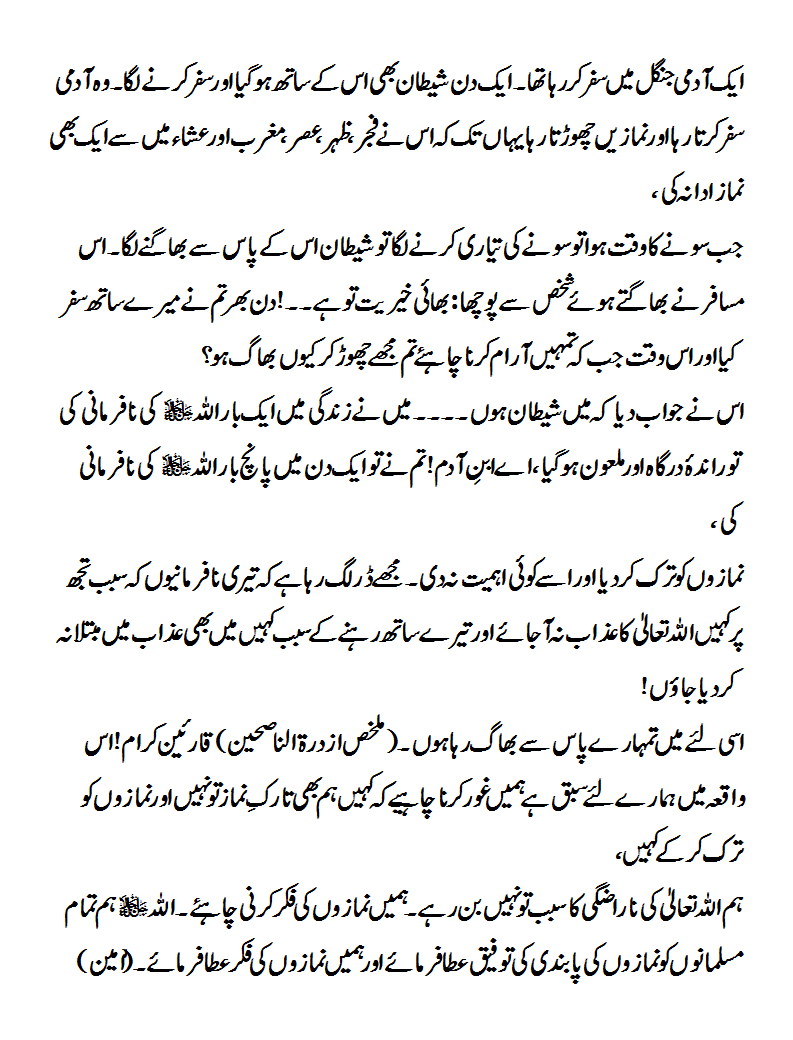Prayerlessness is not fundamentally a discipline problem. At root it’s a faith problem.Prayer is the native language of faith. John Calvin called prayer the “chief exercise of faith” (quoted in “Enjoying Your Prayer Life,” 12). That’s why when faith is awake and surging in us, prayer doesn’t feel like a burden or an obligation. It feels natural. It’s how faith most instinctively speaks.
Throughout the Bible, faith and prayer are inextricably linked. One of the clearest examples is Jesus’s statement in John 15:7: “If you abide in me, and my words abide in you, ask whatever you wish, and it will be done for you.” “Abiding” in Jesus is faith — fully believing his words.
Asking whatever you wish is prayer. The Bible tells us to “trust in [God] at all times” (Psalm 62:8), to “[pray] at all times in the Spirit” (Ephesians 6:18), to “believe in God” (John 14:1), and to ask of God (Luke 11:9). Prayer is the chief exercise of faith.
John 15:7 also shows us that God’s word and faith and therefore prayer are inextricably linked. Faith is a response to God’s word: “Faith comes from hearing, and hearing through the word of Christ” (Romans 10:17). As Tim Keller rightly says,
“If God’s words are his personal, active presence [see John 1:1–3 and Isaiah 55:10–11], then to put your trust in God’s words is to put your trust in God” (Prayer: Experiencing Awe and Intimacy with God, 53).

So if our trust is in God (in God’s promises — 2 Peter 1:4), and God says if you trust me “ask whatever you wish” (John 15:7), then the natural expression of our faith in God is prayer.
First, when I say “prayerless,” I don’t mean completely prayerless. I mean relatively prayerless. I mean that we aren’t anywhere close to “pray[ing] without ceasing” (1 Thessalonians 5:17). We aren’t communing with God in prayer, so prayer feels like a burdensome,
boring, perhaps futile exercise that we rush through in a perfunctory way or avoid. When we do pray, our prayers seem feeble and powerless, which just leads to less praying. We don’t have it in us “to pray and not lose heart” (Luke 18:1).